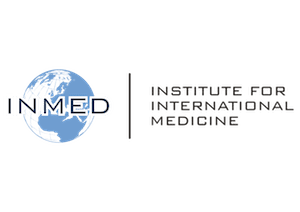ACC – EPC 701 | 3 Credit Hours | $885
Rapidly increasing international trade and travel predictably increases the likelihood of rapid transmission of infectious diseases. The devastation caused by the 1918 Spanish influenza epidemic and the worldwide alarm prompted by the 2004 SARS epidemic provide important insights into today’s concerns surrounding COVID-19. This course emphasizes objective investigation to identify evidence-based answers to critical questions, including identifying the infectious agent, the mode of transmission, incubation period, and effective modalities for prevention, diagnosis, and treatment. This course also highlights how emergency pandemic control often requires deliberate intervention to address special ethical challenges: disease-associated racism, resistance to local and international cooperation, and extreme stress placed upon low-resource health systems.
At the completion of the Emergency Pandemic Control Course, participants will be able to demonstrate using case-studies and simulation:
- Long-range mitigation of risk factors associated with epidemics
- Effective measures to investigate causes of epidemics
- Reliable epidemic control interventions
ACC – IRC 702 | 3 Credit Hours | $885
Today’s world has more international refugees seeking relief and asylum than at any time since the end of WWII. Eighty-six percent of refugees are hosted in developing countries, severely straining existing social infrastructures. This course will introduce the principles of international refugee care, including the four recognized phases: pre-emergency/mitigation phase, emergency phase, post-emergency/maintenance phase, and the resolution/repatriation phase. Throughout these phases, refugee care leaders must attend to complex issues over security, dependency, mental health, location of settlements, and host-refugee relationships.
At the completion of the International Refugee Care Course, learners will be able to demonstrate using case-studies and simulation:
- Describe the scope of the worldwide refugee crisis
- Identify the basic issues involved in meeting the needs of refugees
- Design comprehensive refugee care interventions for specific populations
- Explain crisis resolution alternatives
